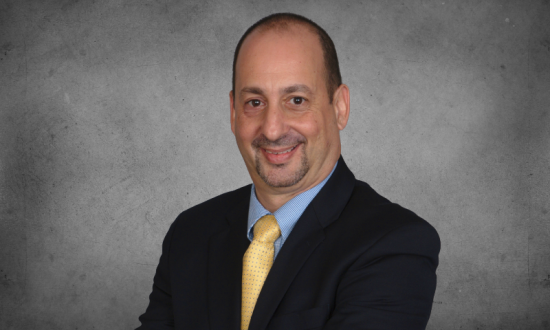Eliot is a dynamic executive leader with a passion for coaching, higher education business development, and leadership. With a focus on optimizing the customer experience, he has an exceptional track record of accelerating individual and business growth, building high-performing teams, and supporting sustainable growth. Eliot’s expertise in talent career, college, and business coaching has helped him develop a loyal base of customers, and his commitment to enabling individuals and companies to thrive is truly inspiring. He has worked for prestigious organizations such as Wiley, The NJ Council for Community Colleges, DeVry, and Herzing Universities, and holds a bachelor’s degree from the New York Institute of Technology and a master’s degree in business administration from Keller Graduate School of Management. Eliot’s passion for his work and dedication to professional development make him a true leader in his field.
I have worked in higher education for 20 years. Now as a career coach, I have encountered many individuals over the age of 50 who have been impacted by ageism in the workplace and in higher education. Ageism can take various forms, including biased hiring and promotion practices, negative workplace culture, and barriers to education and career advancement.
One of the most prevalent ways that ageism manifests is through stereotyping and biased attitudes toward older workers. Unfortunately, many employers hold misconceptions that older workers are less adaptable, less technologically proficient, or less capable of learning new skills. As a result, older workers may be overlooked for job opportunities, even if they have the necessary qualifications.
In addition, older employees may face obstacles to career advancement, as younger colleagues are often perceived as having greater potential for growth and innovation. This can lead to older employees feeling undervalued and frustrated. Employers may also provide fewer opportunities for training and development for older employees, assuming they have less need or capacity to learn new skills. This can create a skills gap and hinder career progression for older workers.
Ageism can also create a negative work environment for older employees, leading to feelings of exclusion, disrespect, and even offensive comments or jokes based on their age. These experiences can have a significant impact on job satisfaction, motivation, and overall well-being.
In higher education, ageism can lead to barriers related to access, affordability, and academic support. Financial constraints, family responsibilities, and limited availability of scholarships or grants specifically for older students can make it difficult for them to pursue educational opportunities. Providing resources such as tutoring, study skills workshops, or academic counseling specifically tailored to the needs of older learners is crucial to addressing these issues. Additionally, designing an inclusive curriculum that recognizes the diverse experiences and perspectives of older learners can enhance engagement and relevance.
To tackle ageism, a multifaceted approach is required that includes education and awareness, policy and legal protection, intergenerational collaboration, and lifelong learning opportunities. Educational programs and awareness campaigns can help promote understanding of ageism and challenge stereotypes about older workers. Governments and organizations can establish and enforce policies that prohibit age discrimination in employment and education, providing legal recourse for individuals who experience ageism.
Intergenerational collaboration is an essential step towards fostering a positive work environment and combating ageism. Mentorship programs that pair older and younger employees or students can help bridge generational gaps and promote mutual learning. Reverse mentoring, where younger individuals mentor older individuals on technology or emerging trends, can also help break down age-related barriers. Additionally, offering flexible work arrangements, such as part-time options, job sharing, or phased retirement, can accommodate the needs and preferences of older workers while capitalizing on their expertise and experience.
Lifelong learning opportunities that cater to the needs and interests of older individuals can enhance their professional prospects and overall well-being. These opportunities can include continuing education programs, certificate courses, or workshops that enable older learners to acquire new skills, stay intellectually engaged, and enhance their professional prospects.
Creating age-friendly environments requires a concerted effort from employers, educational institutions, policymakers, and individuals. By fostering diversity, promoting inclusivity, and challenging age-related biases, organizations can harness the potential contributions of older learners and employees and create more equitable and thriving communities.




